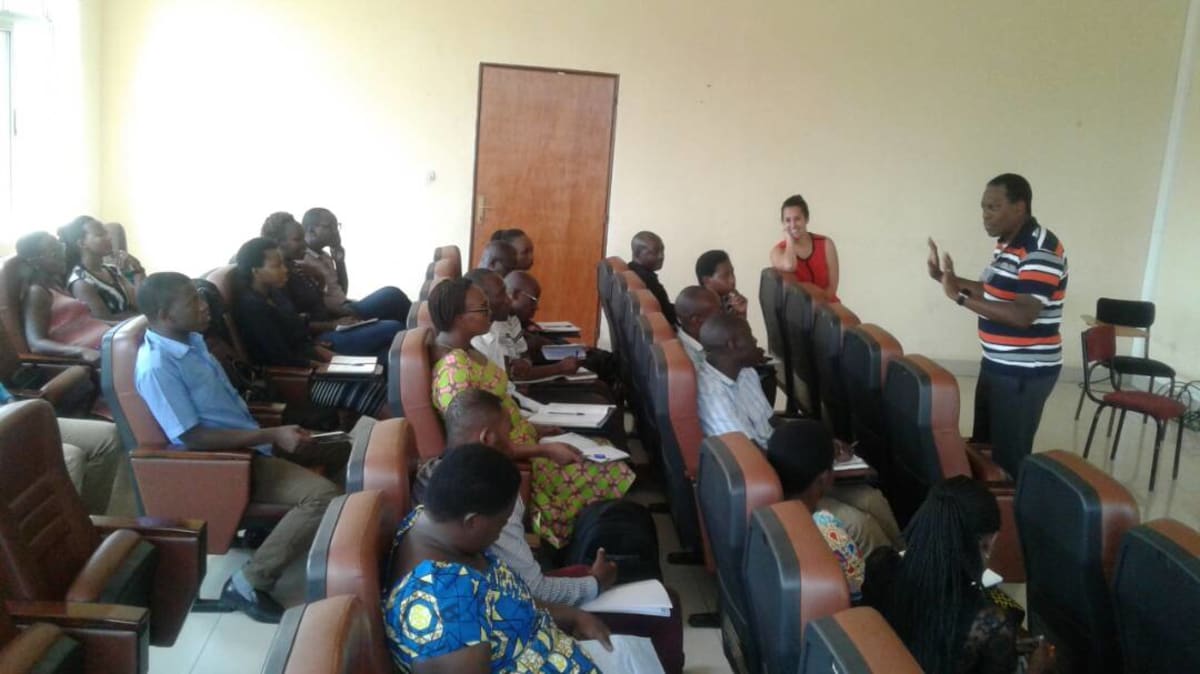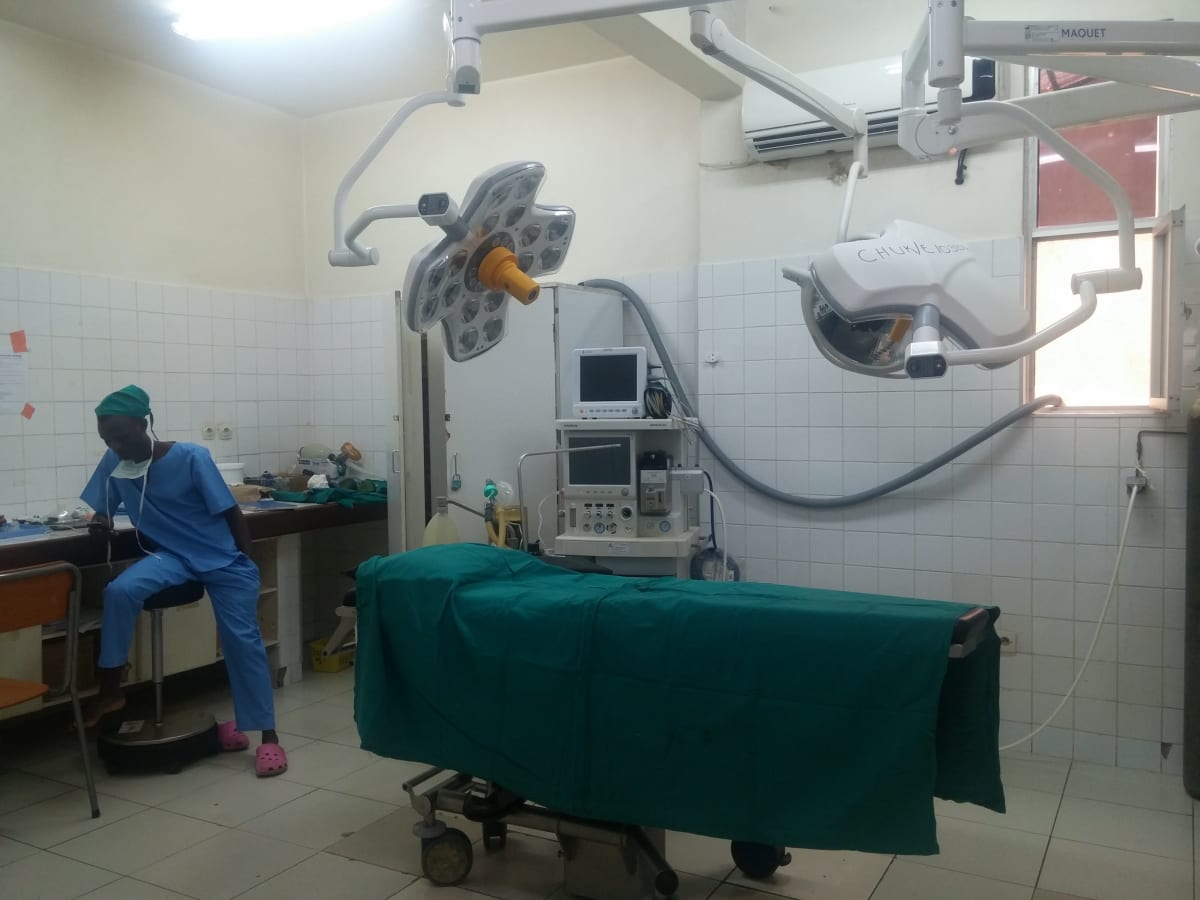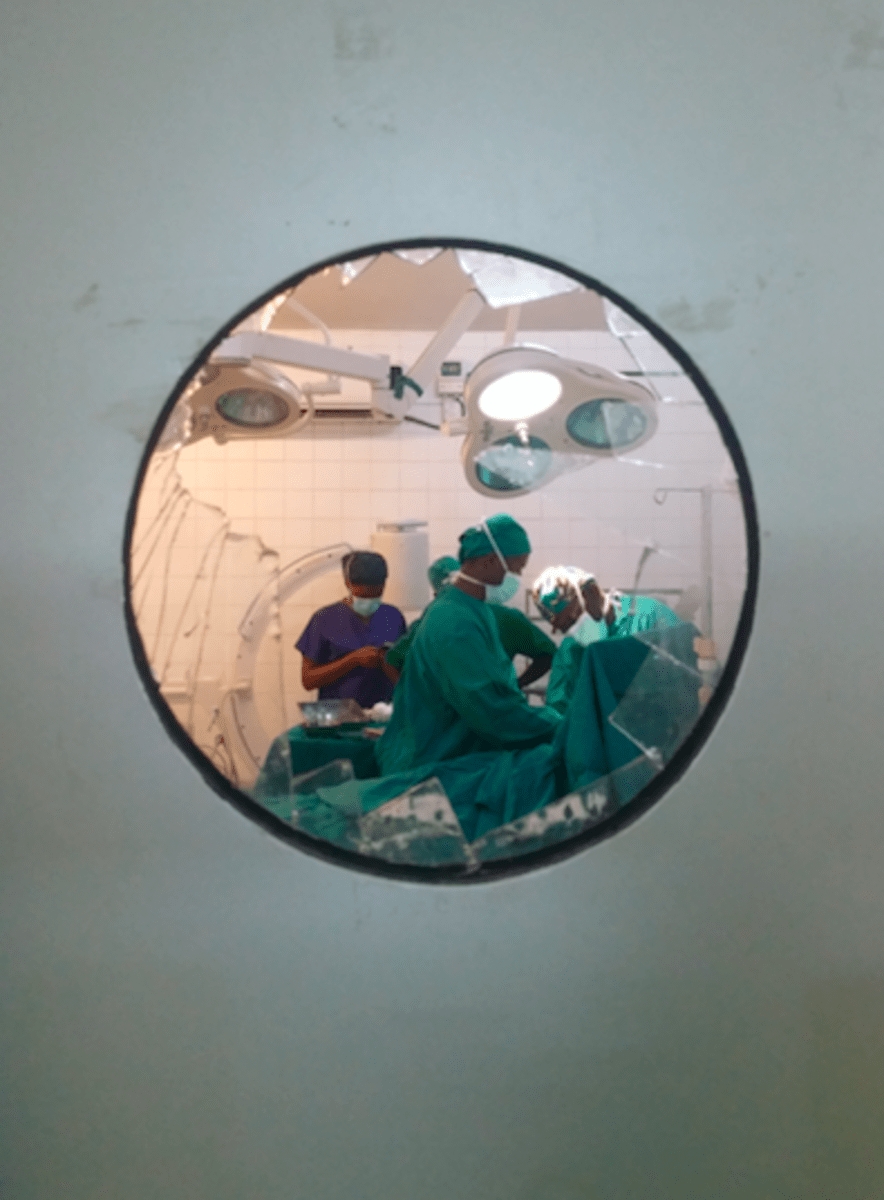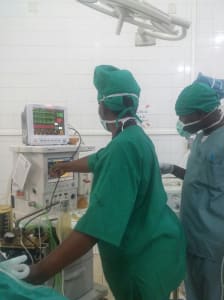In January I will be spending three weeks in Kigali where I will assist in the implementation of University of Rwanda's College of Medicine and Health Sciences (CMHS) Bachelor’s of Nurse Anesthesia program and provide clinical and didactic instruction to the school’s nurse anesthesia students. In addition, I will provide continuing education to practicing nurse anesthetists to supplement the on-the-job training these nurses receive. As such, I will be working both directly and indirectly with the patients who come to CMHS in Kigali for surgery.
By participating in the education of nurse anesthetists in Kigali, I hope to contribute (even in small part) to the effort to relieve the world's shortage of health care providers. I also look forward to developing relationships with the local anesthesia providers and learning from their practice of anesthesia.
As an attending anesthesiologist, I would like to focus on medical education, global health, and the intersection of the two. My goal for this trip to Rwanda is to gain a basic understanding of how to best contribute to global health and education efforts, so that I can be more effective when beginning to design my own international projects in the future. I see this trip as indispensable for my future career goals.








Through Health Volunteers Overseas (and with the support of the Dox Foundation), I spent three weeks participating in the education of anesthesiology residents and nurse anesthetist students at the main university hospital in Kigali, Rwanda.
It was an incredible learning experience in many ways, but one of the biggest things that I learned was optimism. After the Rwandan genocide in 1994, there was a single anesthesia physician left in the whole country. She reached out to the Canadian Anesthesiologists' Society International Education Foundation (CAS IEF) to help her establish an anesthesia residency program in the country. The Human Resources for Health (HRH) program also sends physicians from U.S. institutions to help develop medical education in Rwanda.
Rwanda now has an anesthesiology residency that graduates about ten excellent, enthusiastic, and well-qualified residents per year. Similarly, every year a large cadre of nurse anesthesiologists invest considerable time, money, and effort to further their training by acquiring advanced degrees, as they are frequently the only anesthesia provider at their home district hospitals.
It has been inspiring to see how the anesthesiologists of Rwanda are rebuilding their program after an unimaginable tragedy, and to learn how capacity building efforts can lead to lasting and sustainable change.
+++
Health Volunteers Overseas is a nonprofit organization working to improve global health through the education, training and professional development of the local health workforce in resource-scarce countries. Visit www.hvousa.org to learn more.